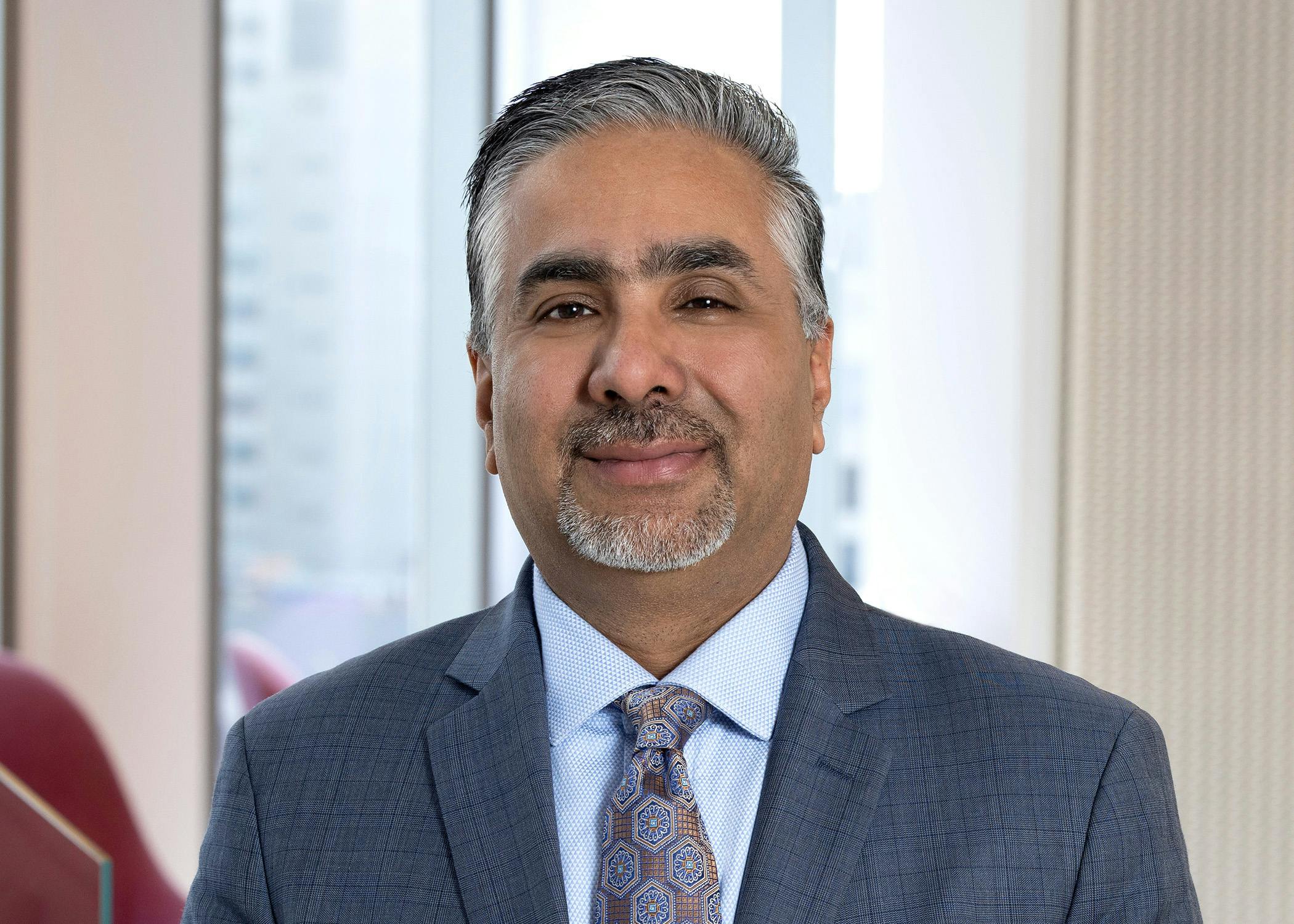Recently, the Supreme Court denied several petitions for certiorari in a number of patent eligibility subject matter cases, including diagnostic and treatment methods, from the Federal Circuit. While the denials in these cases do not resolve the uncertainty created by the Alice/Mayo framework,[1] the denial in the Hikma Pharmaceuticals USA Inc. v. Vanda Pharmaceuticals Inc., No. 18-817 (Jan. 13, 2020) case may be positive news for patentees and applicants. By denying Hikma’s petition for certiorari in Vanda v. West-Ward,[2] the Supreme Court indirectly endorsed the patent eligibility of at least some method-of-treatment claims that rely on an underlying natural law.
Hikma, previously West-Ward Pharmaceuticals, Inc., petitioned for certiorari from the Federal Circuit’s 2018 decision in Vanda in which the Federal Circuit decided that method-of-treatment claims that are directed to particular methods of treatment are patent-eligible even if they rely on an underlying natural law. The Federal Circuit stated that claims were patent-eligible because they were “directed to a specific method of treatment for specific patients using a specific compound at specific doses to achieve specific outcome.”[3] The United States Patent and Trade Mark Office (USPTO) issued a memorandum[4] based on the Federal Circuit’s Vanda decision.
By taking into account the Vanda decision and USPTO’s 2018 guidance, applicants can increase their chances for the successful prosecution of method-of-treatment claims that rely on an underlying natural law. For successful prosecution of such claims, applicants are reminded that:
- The method should include concrete steps based on the information from the diagnosis step(s). A step of administering a treatment to obtain information but taking no concrete steps based on that information is not sufficient.
- Every selected group of patients included in the claim should affirmatively receive a treatment. In other words, if treatment is to be withheld from a selected group, such a group should not be included in the claims.
- The treatment should be capable of treating the disease or medical condition. Administering a treatment that is not known in the art to treat the disease or medical condition is not sufficient.
- The treatment limitation should be specific. A step of administering a dosage different (e.g., lower or higher) than the normal dosage is specific; however, a step of simply “administering a suitable medication” is not specific.
It remains to be seen if Congress will step up and clarify the uncertainty created by the Alice/Mayo framework. Until then, we are left with the Federal Circuit’s interpretation, which can be confusingly contradictory at times.
- See Mayo Collaborative Servs. V. Prometheus Labs., Inc., 566 U.S. 66 (2012) and the subsequent subject matter eligibility determination framework articulated in Alice Corp. v. CLS Bank International, 573 U.S. 2008 (2014).
[Back to reference] - Vanda Pharmaceuticals Inc. v. West-Ward Pharmaceuticals, 887 F.3d 1117 (Fed. Cir. 2018), cert. denied, No. 18-817 (Jan. 13, 2020).
[Back to reference] - Id. at 1136.
[Back to reference] - USPTO Memorandum of June 7, 2018, “Recent Subject Matter Eligibility Decision: Vanda Pharmaceuticals Inc. v. West-Ward Pharmaceuticals.”
[Back to reference]

